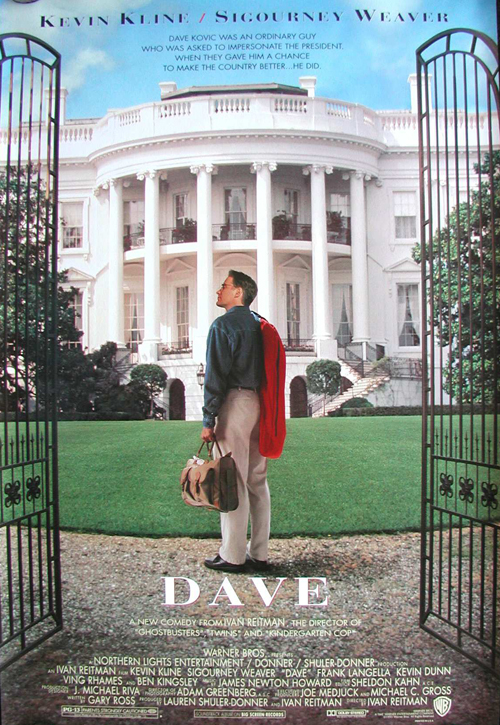Welcome to Retro Television Reviews, a feature where we review some of our favorite and least favorite shows of the past! On Sundays, Lisa will be reviewing Homicide: Life On The Street, which aired from 1993 to 1999, on NBC! It can be viewed on Peacock.
This week, a sniper terrorized Baltimore.
Episode 4.8 “Sniper, Part One”
(Dir by Jean de Segonzac, originally aired on January 5th, 1996)
This week, Bayliss investigates a red ball!
Actually, the case turns out to be a red ball within a red ball!
And then it turns into a third red ball!
A red ball is a term used for a case that is going to draw a lot of media attention and which is going to result in pressure from the guys in command. It’s an actual term, one that was introduced in the David Simon book that served as the inspiration for Homicide. I’m pretty sure that the term was also used in The Wire, though perhaps not as much as it was used in Homicide.
It’s hard not to notice that, starting with the third season, there have been a lot of red balls on Homicide. If one were to judge solely based on seasons 3 and 4, one might be justified in thinking that Baltimore was the serial killer capitol of the world. That’s not really a complaint because most of the red ball episodes have been pretty entertaining. Still, it’s very much a contrast to the first two seasons, where the emphasis was always put on gritty realism and the recurring theme was that, outside of the Homicide detectives, the media didn’t really care about the majority of the murders taking place in Baltimore because the victims were almost always minorities in economically disadvantaged neighborhoods.
This latest red ball involves a sniper who is gunning down people at random and leaving behind a hangman game at each location. He’s trying to figure out a 9-letter word. It’s an odd motivation but serial killers are odd people. Bayliss, who is suffering from back pain and popping muscle relaxants like candy, gets the case because, as he continually reminds us, he was the one who answered the phone. (Somehow, Bayliss does manage to get through the investigation without bringing up Adena Watson.)
While Bayliss tries to find a killer who shoots people at random, Russet deals with the brass. Colonel Barnfather, who was originally quite enthusiastic about promoting her, now suddenly hates her and the episode ends with Russert getting demoted back down to being a detective. (So, I guess that Giardello’s homicide squat will be getting a new investigator.) Russert’s demotion felt like it came out of nowhere but, from a dramatic point of view, it made sense. This show already has Giardello as the beloved boss. It didn’t also need Russert in the role.
As for the killer, he is tracked down by his signature on the receipt that he signed when he purchased his chalk. He turns out to be a nervous insurance agent who has a big house in the suburbs and who is playing a hangman game in his study. When Bayliss attempts to negotiate with him and asks him to leave the study, the insurance agent asks for a letter. “Uhmm …. B,” Bayliss says. B turns out to be just the letter that was needed and the insurance agent promptly shoots himself in the head.
The word that he was trying to come up with turns out to be Eromitlab. Look at in a mirror.
This was a good episode, even if it did sometimes go a bit over the top with everyone shouting, “We’ve got a red ball!” and the nonstop montages of the detectives swarming the streets of Baltimore. I’ve really grown to love Kyle Secor’s performance as Tim Bayliss and this episode featured Bayliss at his loopy best. For an episode about a serial sniper who ended up killing eight people, there was a rather odd sense of humor running through it. This is an episode that started with Jay Leno coming in the Waterfront Bar. (Munch tells Bayliss that Leno is probably sick of people treating him like he’s famous so they decide to ignore him until Leno gets mad and leaves the bar.) When the first shooting is called in, the phone rings several times before anyone is able to answer, leading to Munch to question whether a murder has actually occurred if no one answers the phone. Bayliss obsesses on his upcoming back surgery. “Its says a possible side effect is death!” Bayliss exclaims, looking over the information about the operation. Meanwhile, Brodie gets on everyone’s nerves with his big video camera.
Ominously, this episode with a second sniper climbing up to the roof of the building. The red balls continue.
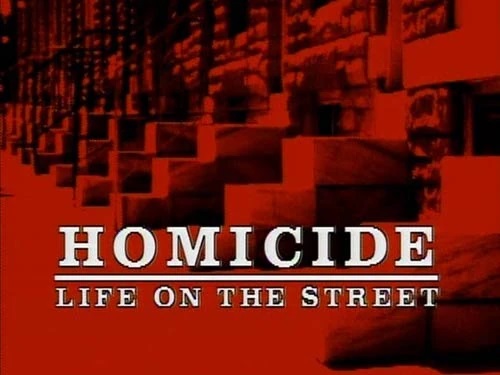
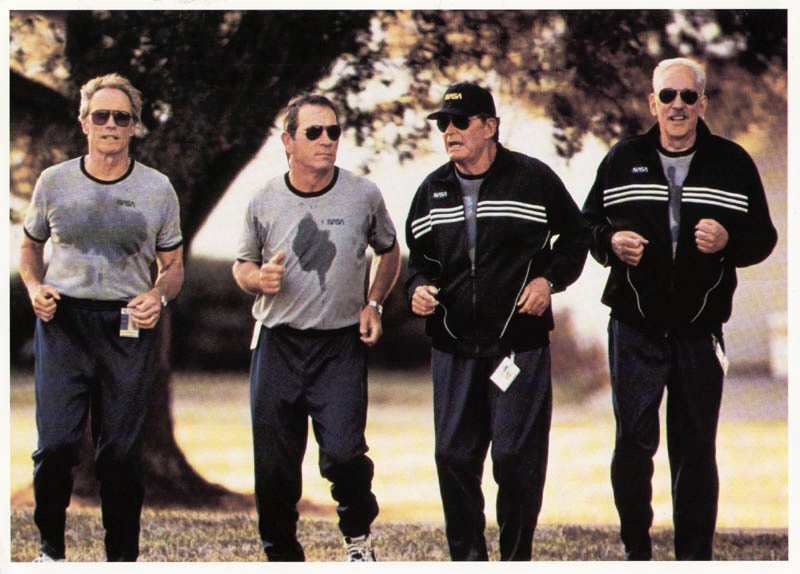
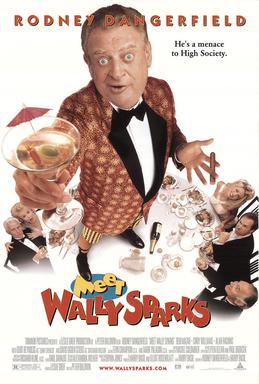
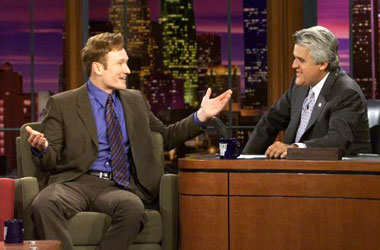

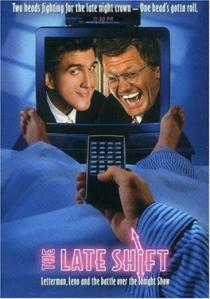
 The year is 1998 and America is flat broke. Paper currency is now worthless and, to the joy of Ron Paul supporters everywhere, all transactions are done in gold. After the country ran out of oil, people started using skateboards and bicycles for transportation and many turned their cars into homes. While the citizenry spends their time consuming a steady diet of sitcoms and reality television, the government tries to figure out how to pay back the loan that it took from Sam Birdwater (Chief Dan George), a Native American who made billions after buying Nike. Birdwater wants his money back and he is prepared to foreclose on the entire country.
The year is 1998 and America is flat broke. Paper currency is now worthless and, to the joy of Ron Paul supporters everywhere, all transactions are done in gold. After the country ran out of oil, people started using skateboards and bicycles for transportation and many turned their cars into homes. While the citizenry spends their time consuming a steady diet of sitcoms and reality television, the government tries to figure out how to pay back the loan that it took from Sam Birdwater (Chief Dan George), a Native American who made billions after buying Nike. Birdwater wants his money back and he is prepared to foreclose on the entire country.
